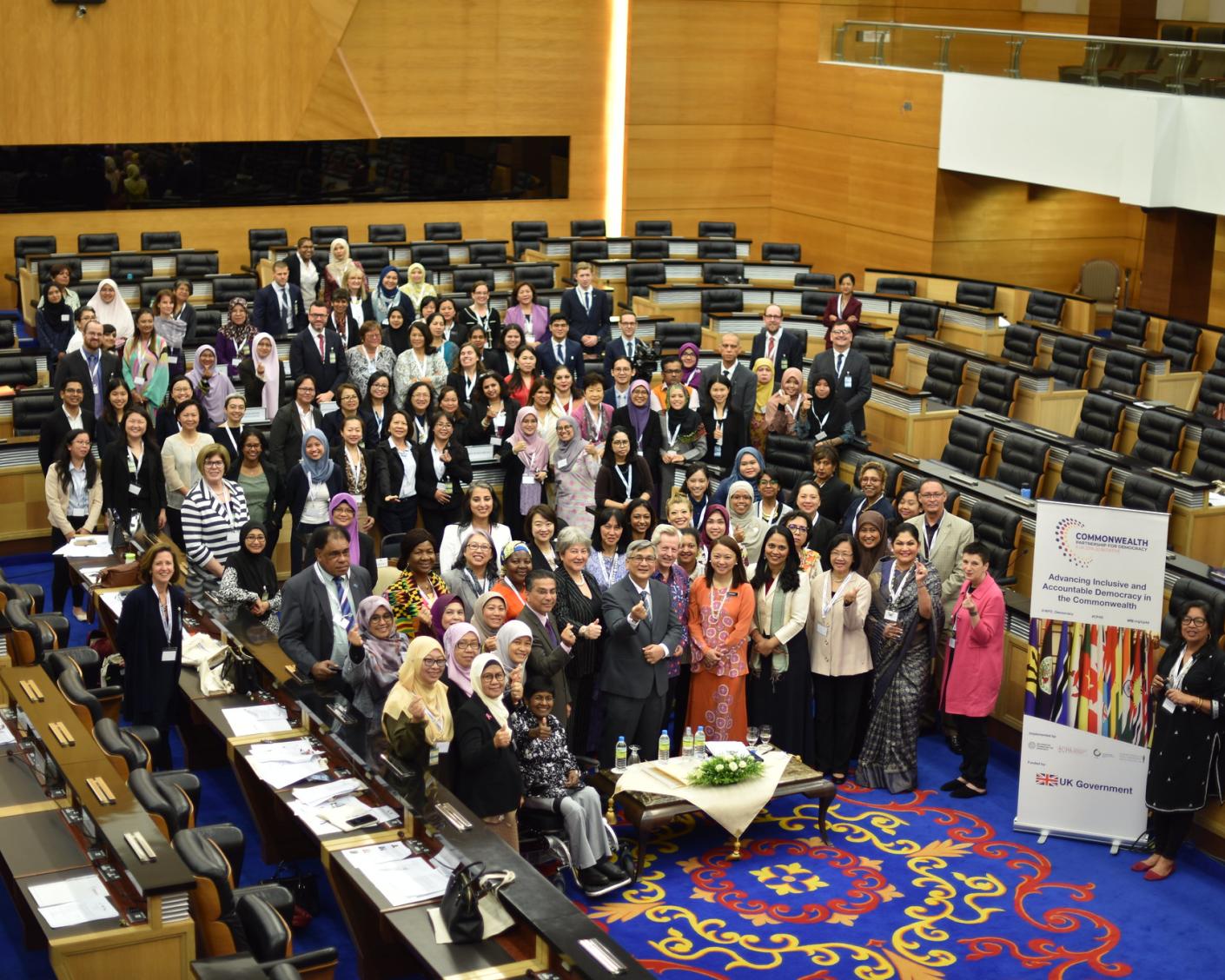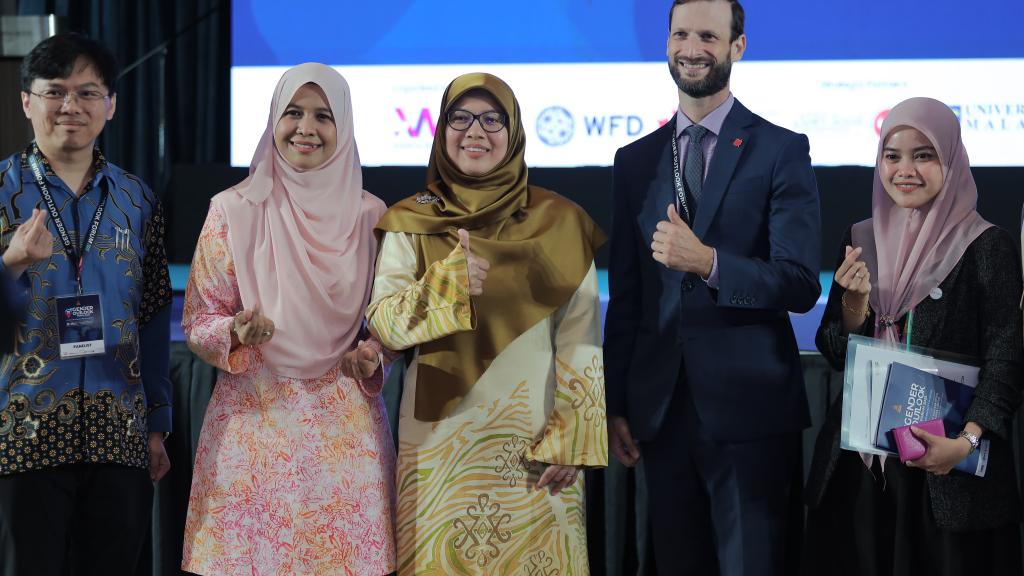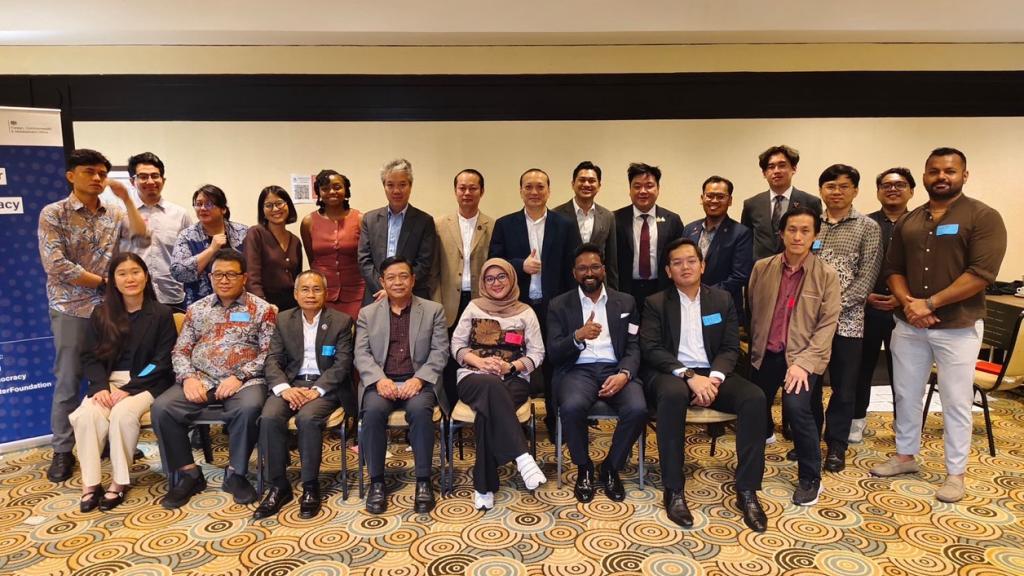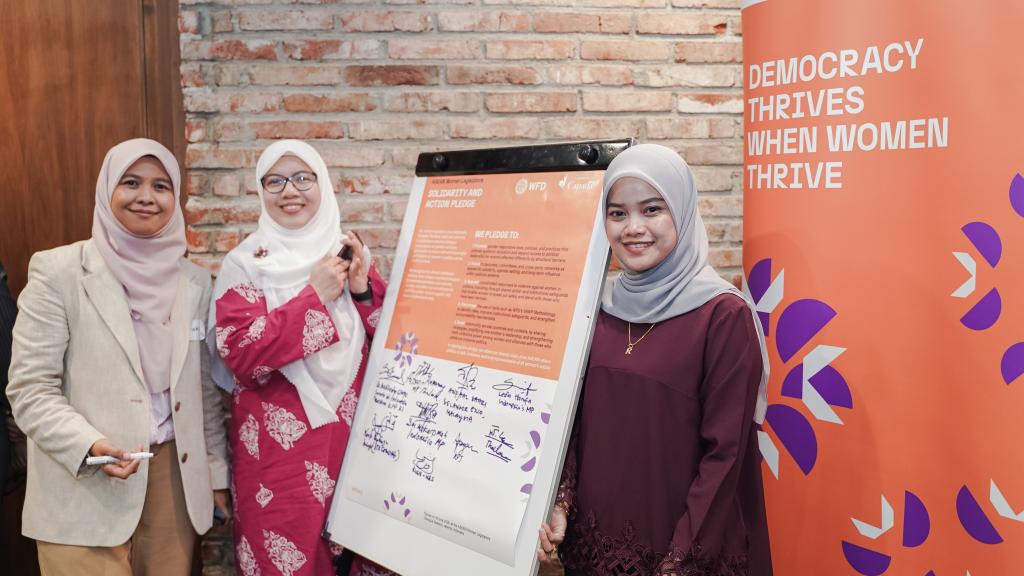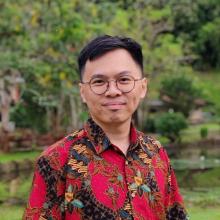Our programmes are informed by democratic principles and grounded in locally-identified needs and emerging reform opportunities. We facilitate collaboration among key stakeholders to advance shared goals, from parliamentary reform and capacity-building to gender-inclusive politics and women’s political leadership. In doing so, WFD help foster democratic practices that are responsive and sustainable.
Political context
Malaysia’s remarkable transition from decades of one-party dominance to a vibrant, competitive democracy offers hope for democratic renewal in Southeast Asia. A Muslim-majority country with a diverse population, Malaysia's democratisation challenges regional norms of authoritarianism, exemplifying how inclusive, democratic governance can thrive in plural societies.
Malaysia experienced a historic democratic breakthrough in 2018 with the first transition of power at the national level after over 60 years of dominant party rule. This ushered in a new era of competitive politics but also heightened political instability, with three changes of prime minister between 2018 and 2022. The formation of the Unity Government under Prime Minister Anwar Ibrahim after the general election in 2022 marked another political shift, characterised by cautious leadership and a complex balancing of coalition interests. Bold reforms have been limited, though Malaysia remains at a pivotal juncture. This period presents a critical window to entrench democratic norms, improve governance, and renew public trust in political institutions amidst persistent challenges such as political polarisation, identity politics, and fluctuating voter confidence.
Key areas of work
Current programmes
ASEAN Women’s Political Leadership Phase II
Under this regional initiative, we aim to advance gender-inclusive political participation alongside partners in Thailand, Indonesia, and Laos. The programme has convened cross-sector dialogues and learning exchanges, including the high-impact “UNMUTE” forum on online violence against women in politics, co-hosted with a media organisation. In 2025, a Gender Observatory Lab was conducted using Participatory Action Research (PAR) framework, followed by workshops and forums that brought together stakeholders to co-create research, data priorities, and advocacy tools for systemic change. In June 2025, WFD brought Malaysian delegates to take part in a regional dialogue in Jakarta that culminated in a joint pledge among ASEAN women legislators and political leaders to combat violence and discrimination in politics.
Accountable Political Systems and Inclusive Political Processes
This programme supports a range of reform efforts in Malaysia. WFD convened an electoral reform roundtable with eight political parties and civil society groups and initiated a pilot study on political party transparency with a public university. A national study on the cost of politics is underway, with a gender lens on barriers faced by women candidates. WFD is also working to institutionalise its parliamentary partnership through training and mutual learning exchanges. A pilot study on the internal practices of political parties is currently in progress and may be the first of its kind in Malaysia, drawing inspiration from a model developed by North Macedonia.
Previous programmes
Addressing barriers to women's political participation in the ASEAN region (Phase I)
The objective of the programme was to advance equality in politics and wider society in the region by helping to create a more enabling environment for politically active women to participate and exercise leadership in national, local and regional politics.
Supporting Parliament’s legislative and oversight capacity
WFD contributed to IDEA’s INTER PARES programme, which focused on gender and the Special Select Committees: the key oversight function introduced as part of the reform efforts that followed the change of government in 2018. Amid continuing Covid-19 restrictions, WFD delivered a gender-sensitive law-making and oversight workshop, helped enhance parliamentary communications and the development of an education programme, and provided support to the Ombudsman bill through exchanges on parliament’s role in the establishment and implementation of an Ombudsman Office.
Promoting gender-responsive budgeting and crisis response
How governments respond to the economic crisis, such as the economic shock caused by the Covid-19 pandemic, has far-reaching consequences for political participation and inclusion. Women are often more exposed as they are more likely to have more vulnerable jobs, to work in the informal sector, to lack social protection and to have less access to financial resources. With the support of COVID-19 response funding from the British High Commission in 2020, WFD created the Gender Responsive Budgeting Toolkit to introduce policymakers to GRB principles and help MPs begin to procure more comprehensive sex-disaggregated data that could better inform the debate around budget allocations in Parliament. In addition to strengthening equitable approaches to funding policies, the programme strengthened the working relationships between MPs and civil society activists.
Promoting gender equality in Sabah
WFD worked in the state of Sabah to build communication and leadership skills among women to enable them to get their voices and messages for change heard by decision makers and legislators in a state where women’s participation in formal politics is low; at the time of the programme, there were only six women representatives (out of 60) in the State Legislative Assembly. As part of the broader Commonwealth Partnership for Development (CP4D) initiative, WFD worked with a local CSO to promote gender equality in Sabah and creating linkages with other CSOs as they develop advocacy strategies to raise awareness about gender issues.
Key results
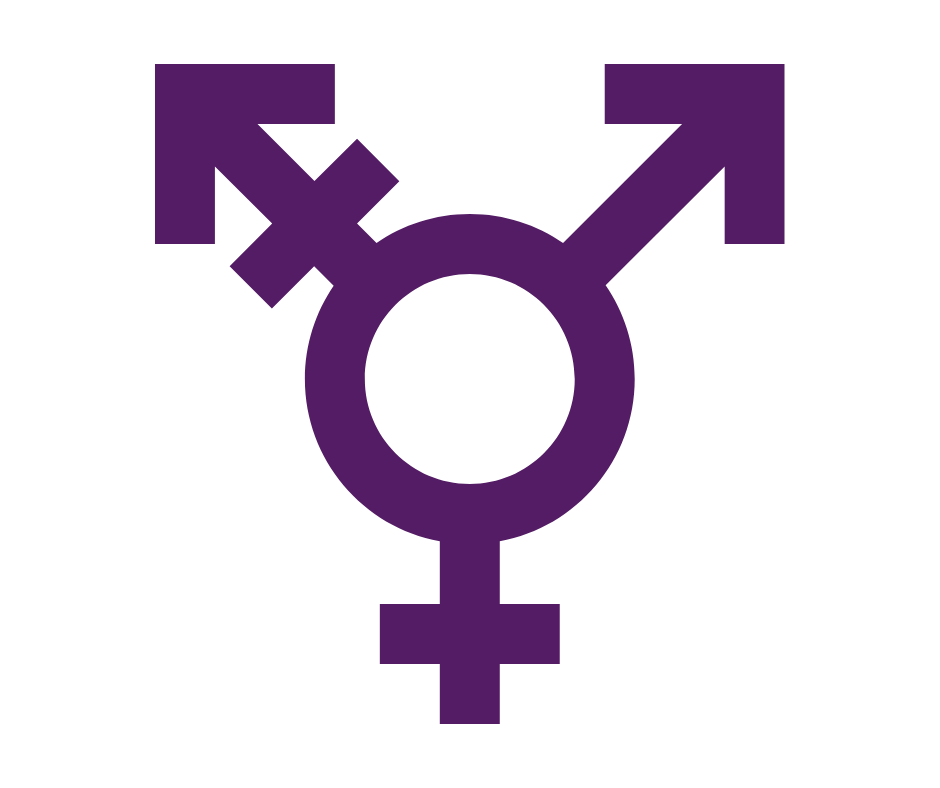
Convened a unique cross-partisan, multi-stakeholder Gender Observatory to address violence against women in politics.

Hosted a media forum that pushed the issue of online gender-based political violence to limelight with extensive national media coverage.

Facilitated the signing of a regional pledge on women’s political leadership by ASEAN legislators.
Co-organised an electoral reform roundtable involving eight political parties and civil society.

Worked with local institutions to conduct pioneering studies on political party transparency and the cost of politics, with a gender lens.

Supported progress toward parliamentary reform by establishing new partnerships and developing training roadmaps with the Malaysian Parliament.
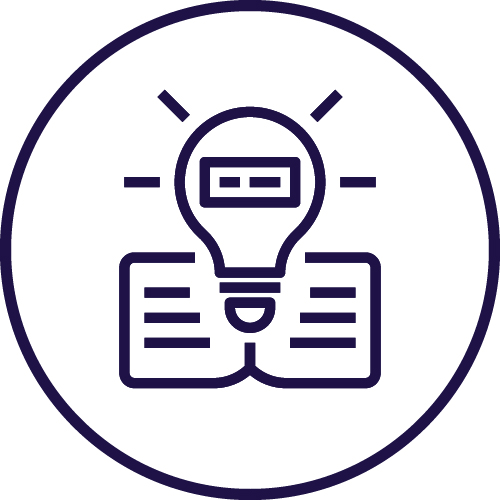
Translated WFD’s global democracy tools into the Malay national language for wider public engagement.
Strengthened UK-Malaysia parliamentary relations by moderating a high-level dialogue between the UK Speaker of the House of Commons and Malaysian MPs in Parliament.
Latest news
Contact us
Kuala Lumpur
Malaysia
